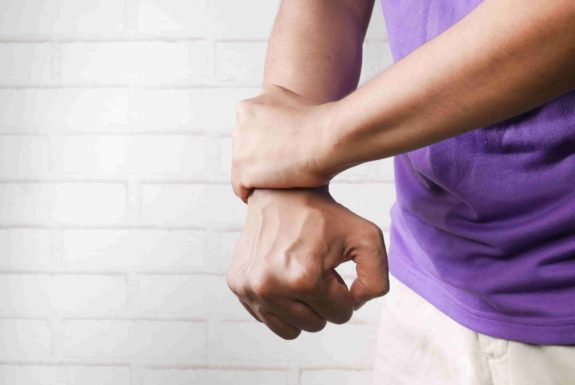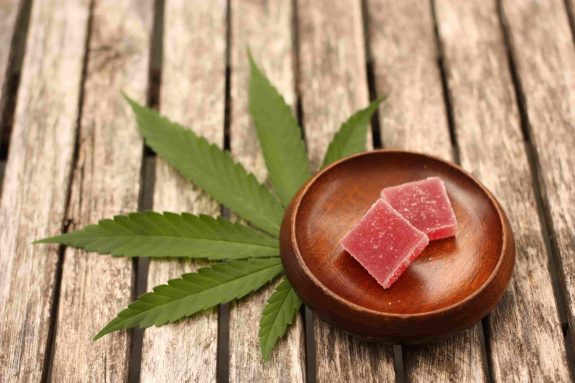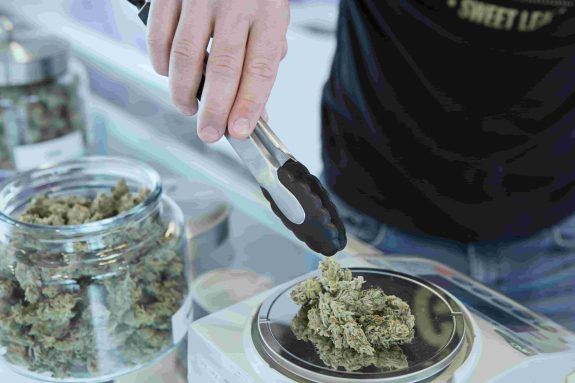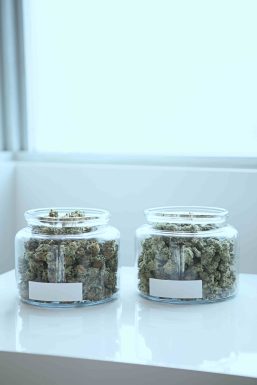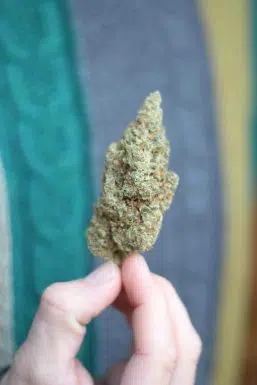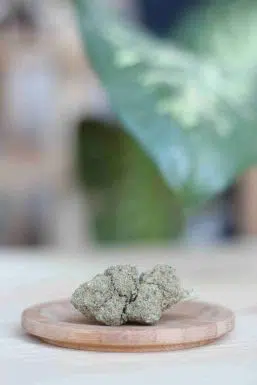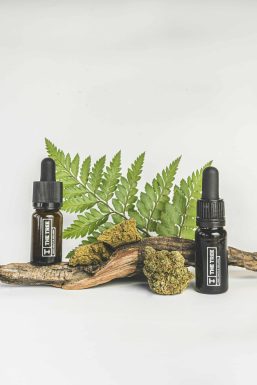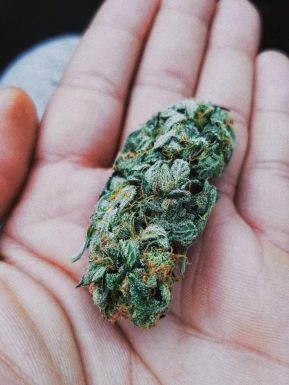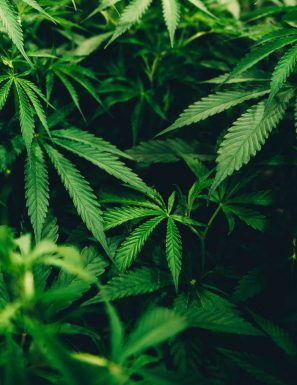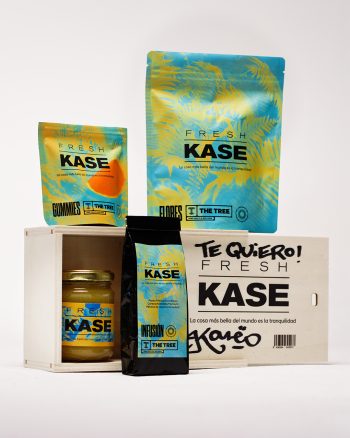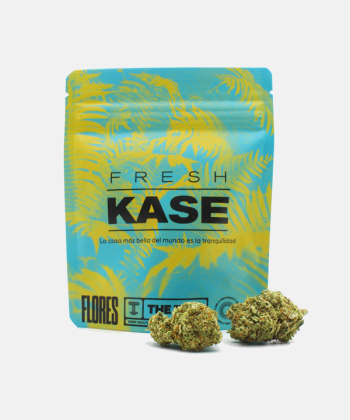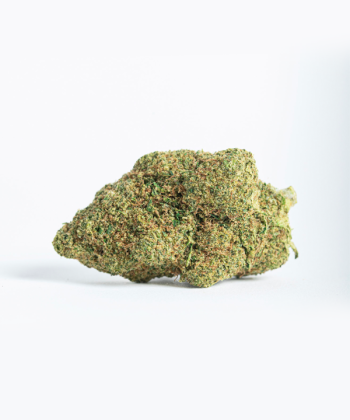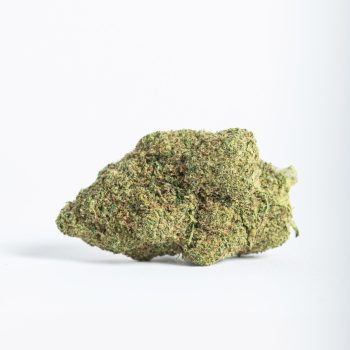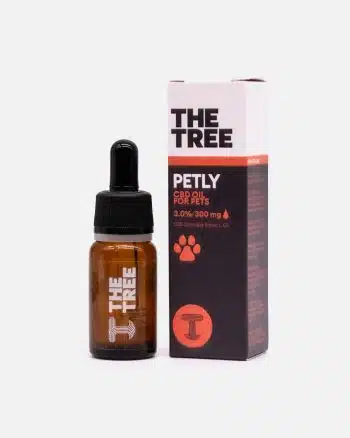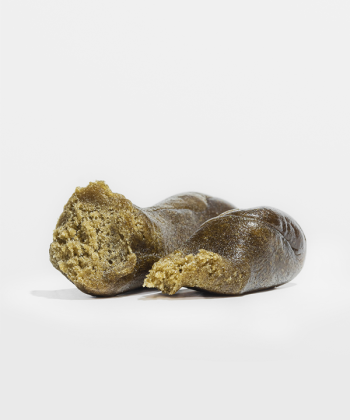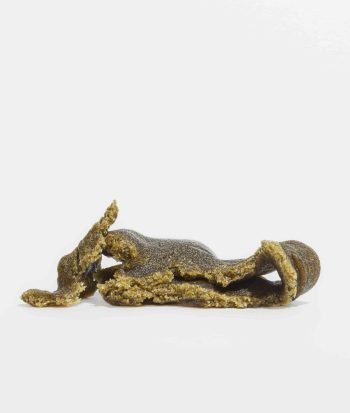
CBD Edibles: legality and guidelines

TABLE OF CONTENTS
The issue of whether CBD edibles can be sold in Europe is somewhat ambiguous due to the legislation in force. The ingestion of CBD isn’t specifically prohibited. Nevertheless, in certain countries selling products enriched with this cannabinoid for an administration method other than topical use isn’t allowed. In other countries, however, it is allowed. Therefore, before purchasing any products, it’s important to be well informed about the legal situation in the country where you live.
Edible CBD: consumption and legality
The use of edible CBD, as the name suggests, involves the ingestion of CBD. In countries where the sale of CBD for oral consumption is legally permitted, it’s common to find edible CBD products. In Europe, however, unlike other countries such as Luxembourg or the Czech Republic, CBD cannot be marketed for this purpose.
Apart from CBD edibles, in these countries where CBD can be sold for oral consumption, CBD oil is used alongside food products, such as juices or coffees, to make it easier to take.
Therefore, to consume CBD in this way, you basically need a food product that contains it, whether this is CBD oil or something else.
What are the advantages of consuming edible CBD?
The main advantage of this route of CBD administration is that the effects last longer than with other forms of consumption. It’s also one of the simplest and most effective ways of taking CBD.
The downside is that, because it has to pass through the digestive tract, it takes longer for its effects to be felt, and almost a fifth of the CBD is lost in the process. However, many users prefer to ingest CBD because they can consume fewer doses, as the effects last longer.
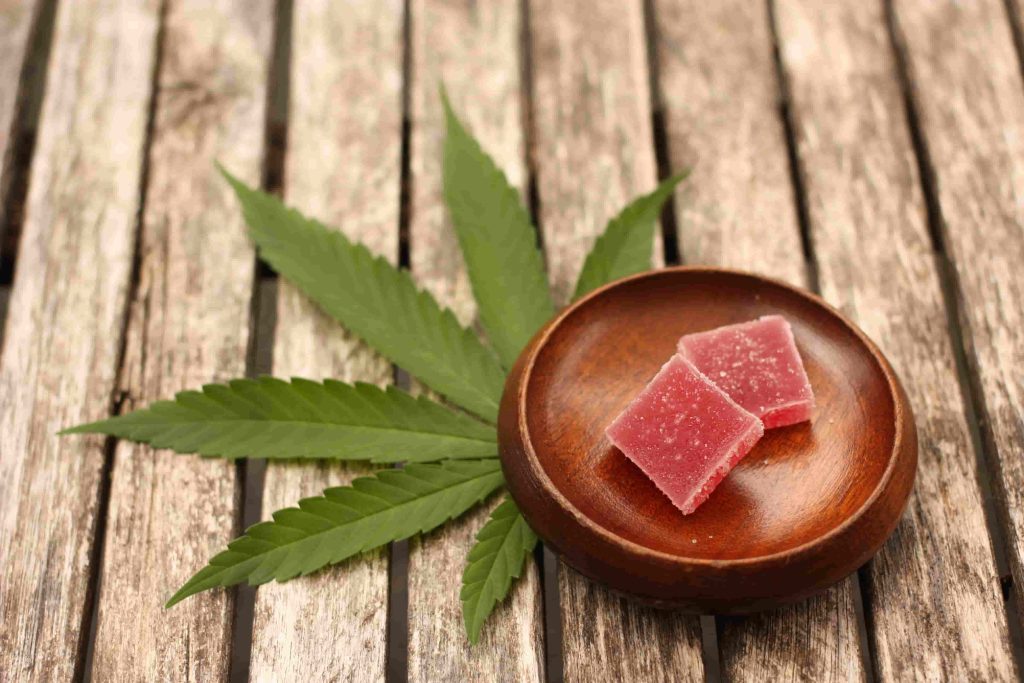
Edible CBD in Europe
In countries where the sale of CBD in food products is legal, edible CBD is mainly consumed in three ways: in food products such as gummies or biscuits, CBD capsules, or CBD oil.
CBD oil contains only two ingredients and they are completely natural: a plant-based oil, usually hemp or coconut oil and a CBD-rich hemp flower extract. However, whether or not it can be marketed for ingestion depends on the legislation in place in each country.
Some consumers prefer to buy and take CBD directly in food products or capsules. But many others use CBD oil that they add to food in order to ingest it.
In Spain, CBD oil can only be marketed for topical use, as the ingestion of CBD isn’t regulated. It’s therefore understood that, from a legal point of view, users who take it in this way would be misusing the product.
Consequently, here we explain how edible CBD oil is taken in countries where it can be consumed in this way. Czech Republic, Luxembourg, Switzerland, and the United States, among others, are examples of said countries.
How to take edible CBD?
First of all, in order to ingest edible CBD, it’s essential to know what the right dose is for the person taking it. The amount of CBD varies depending on a number of factors such as the user’s weight, how it’s consumed, etc.
It’s also necessary to choose the type of edible CBD. In this regard, in countries where oral CBD consumption is allowed, there are many options.
CBD-infused foods such as biscuits, cakes, and other baked goods are very common. CBD-infused beverages, such as soft drinks, are also readily available.
Furthermore, CBD tinctures (CBD-infused high strength alcoholic beverages) and CBD oils (plant-based oils that contain CBD) are also an option that can be either ingested or taken sublingually.
In addition, pure CBD is also marketed to be added to meals and, in general, all kinds of food products, confectionery, and cooking ingredients, from sweets, to teas and coffees with CBD, to products as diverse as chocolate or CBD capsules.

Is edible CBD illegal in Europe?
No law specifically prohibits the sale of CBD as a food in most European countries. However, in the European Union, any new food to be marketed requires the approval of the EFSA (European Food Safety Authority).
Any product that has no history of consumption prior to 1997 is considered a novel food. Cannabinoids, according to the EFSA, would fall into the novel food group.
The European Food Safety Authority has received several applications for the approval of CBD as a novel food. However, during the summer of 2022 it has suspended its activity on the subject, pending new data¹.
Therefore, in EU member states, the marketing of edible CBD isn’t allowed, as it hasn’t been approved as a food or as a food supplement. However, the final decision is left to the individual countries and there are some countries, such as the Netherlands, where edible CBD is sold.
In many non-EU countries, such as Switzerland, Canada, and the United States, edible CBD is legally permitted and is one of the most popular forms of consumption.
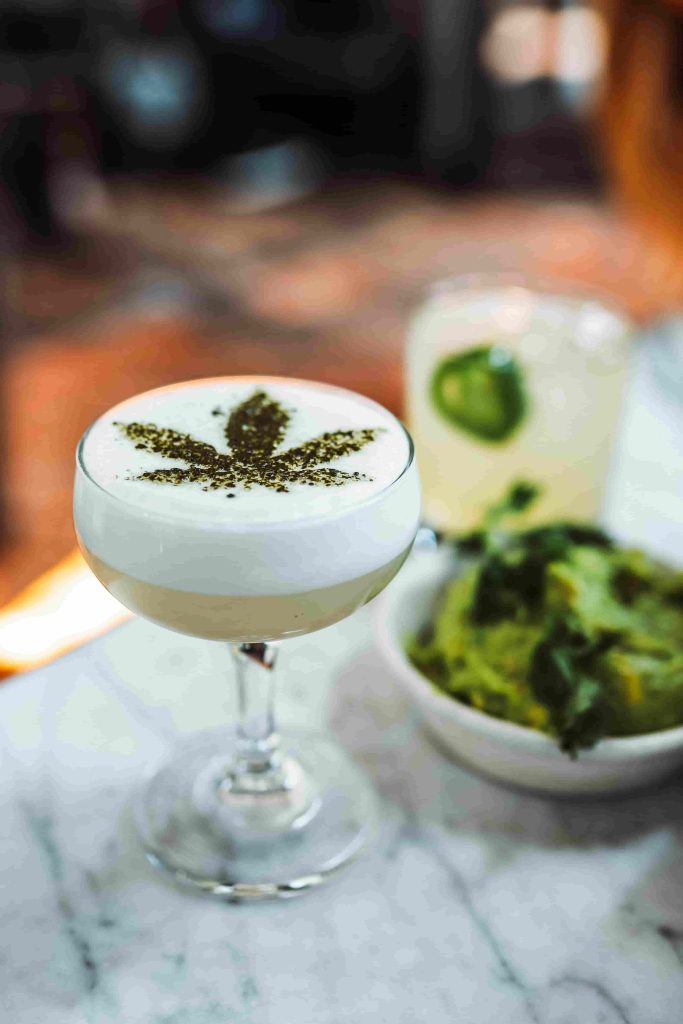
Summary and conclusions on the consumption and legality of edible CBD
The main advantage of edible CBD is that this route of administration offers longer-lasting effects. In other words, no other form of consumption allows the effects of CBD to be felt for such a long period of time.
On the flip side, it also takes the longest, as the effects take between one and two hours to become noticeable. This is because CBD has to pass through the digestive tract to be metabolised.
In countries where taking CBD orally is legally permitted, edible CBD can be found in a variety of forms: food products such as CBD-enriched muffins, chocolate, tea or coffee, CBD capsules, or CBD oil.
The latter is often added to a drink to be ingested, such as coffee or juice. CBD oil consists of only two ingredients: a plant-based oil and a CBD-rich hemp flower extract. It’s therefore perfectly edible, although it’s generally only sold for topical use in EU countries.
Cannabinoids are considered to be novel foods by the European Food Safety Authority (EFSA). They therefore need to be approved by EFSA before they can be marketed for ingestion. However, the EFSA has suspended proceedings on this issue, pending new data.
As a result, in most EU member states it’s illegal to sell CBD other than for topical administration or for consumption using e-liquids. In other countries, such as Switzerland, Canada, and the United States, the consumption of edible CBD is legally permitted.
References
- European Food Safety Authority (7 June 2022). Evaluations of cannabidiol as a novel food are on hold pending further data. Press release
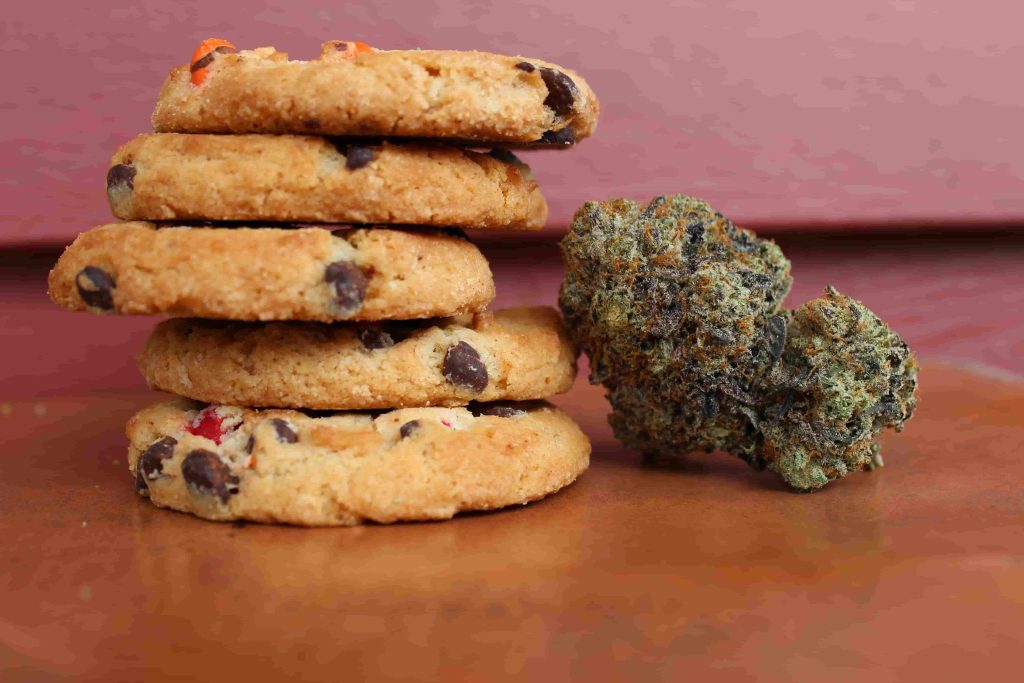
Frequently asked questions about edible CBD
How is edible CBD consumed?
Edible CBD is consumed by ingestion. In countries where this consumption method is legal, you can find CBD food products, CBD gel capsules, and CBD oil.
The only requirements for ingesting edible CBD are knowing the right dosage and choosing the format or product used to take CBD. Also, we recommend doing a trial run the first time you consume it.
Once again, The Tree CBD would like to remind you that edible CBD isn’t legally permitted in Europe, so products can’t be marketed for this use.
How long does it take for edible CBD to take effect and how long does it last?
The effects of edible CBD can begin to be felt 30 to 120 minutes after ingestion. As CBD passes through the digestive tract, it’s one of the forms of consumption that takes the longest for the effects to be felt.
Once the edible CBD has taken effect, it remains in effect for up to eight hours, reaching the maximum CBD level three to four hours after ingestion.
This form of consumption decreases the bioavailability of CBD. In other words, not all of the CBD consumed is metabolised, as some is lost in the digestion process. For this reason, consuming edible CBD requires slightly higher doses than other forms of consumption.
What are the differences between edible CBD and sublingual CBD?
The main difference between edible CBD and sublingual CBD is the form of consumption. Edible CBD can come in the form of food products, in capsules, or as CBD oil, while sublingual CBD is only administered using CBD oil.
Furthermore, they also differ in the time it takes for them to take effect. While the effects of sublingual administration take only 15-20 minutes to be felt, with edible CBD, this can take 30-120 minutes.
Featured CBD products

CBD dosage calculator
Our CBD calculator will solve your doubts about the use of CBD.

Find the best CBD product for you
If you want to know which is the CBD product that best suits your needs, enter our recommender and we will help you.
More about CBD

What does CBD taste like?
The answer to this question is much broader than it may seem at first, as the taste of CBD can vary depending on the product.

CBD for cats: How does it work?
In recent years, CBD (cannabidiol) has emerged as a popular and promising cannabinoid for improving well-being, not only in humans but also in our pets.
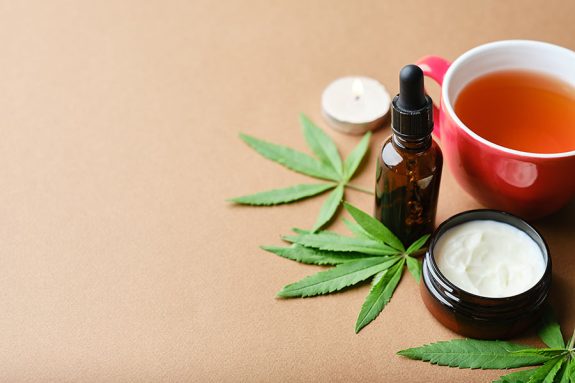
What is hemp? Properties and benefits
In recent years, hemp has captured the world’s attention, not only because of its association with marijuana, but also because of its versatility and the


